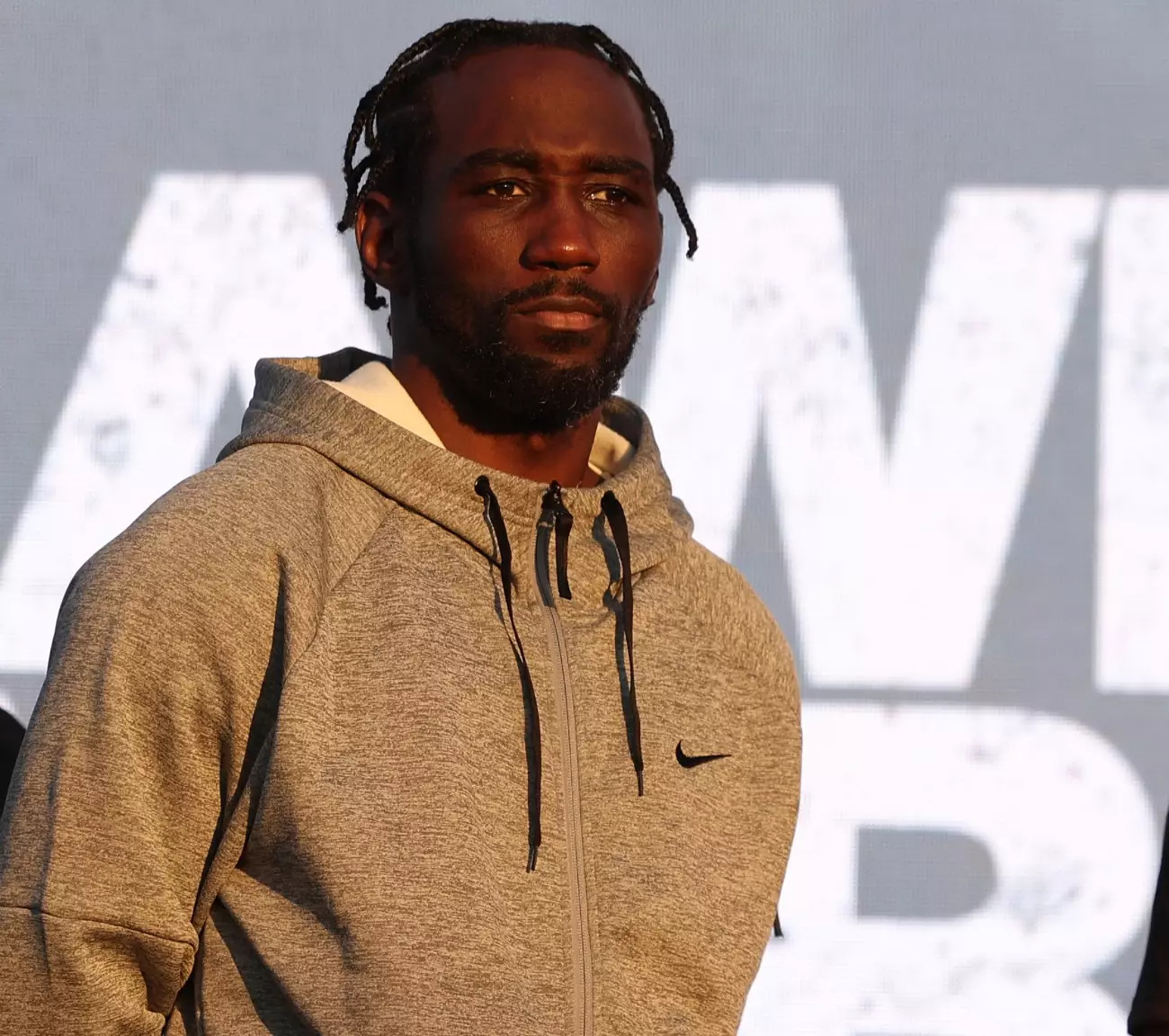As Terence Crawford prepares for his highly anticipated fight against Canelo Alvarez on September 13th, he recently revealed that he currently weighs 186 pounds. This announcement has sparked debate regarding the authenticity of his claimed weight, raising questions about his preparation technique as he transitions to a higher weight class. The consequences of adding too much mass could be detrimental, particularly as the fight date looms closer. If Crawford continues to bulk up without managing the weight appropriately, he may face significant challenges sheding those extra pounds prior to the bout.
The bout against Alvarez marks Crawford’s second foray into the super middleweight division, following a lackluster debut at 154 pounds against WBA junior middleweight champion Israil Madrimov on August 3rd. In that match, Crawford appeared underwhelming, often appearing weak and unable to effectively engage against a larger opponent. Having just left behind the welterweight category where he built his reputation, moving up to fight Alvarez is a bold but risky maneuver. Several fighters have experienced similar setbacks when trading blows with more substantial foes, raising concerns about whether Crawford can succeed against the reigning three-belt champion.
Canelo Alvarez has demonstrated his extraordinary skills time and again. His recent unanimous decision victory over the formidable Jermell Charlo highlighted not only his prowess but also the difficulties faced by opponents who attempt to climb divisions. Charlo, a notable champion at 154 pounds, ultimately succumbed to Alvarez’s size and tactical strength, resorting to evasive maneuvers rather than fighting back effectively. This example serves as a cautionary tale for Crawford, who might find himself in a similar predicament if he underestimates Canelo’s capabilities.
One of the most contentious aspects of boxing today is the trend of fighters jumping several weight classes, primarily for monetary gain while risking their professional reputation. Observers caution that such arrangements can dilute the sport’s competitive integrity and lead to mismatches. Crawford may be perceived as chasing a lucrative payday rather than genuinely striving for a legitimate title at 154 pounds or competing against worthy contenders at 168. Fighters should earn their shots at championship titles by establishing their merit within each weight class. The value of sporting integrity ought to take precedence over financial incentives; otherwise, boxing risks losing its credibility as a legitimate competitive arena.
As Crawford gears up for this monumental match, he must carefully assess both his physical preparedness and fight strategy. If he can learn from past performances, acknowledge his true capabilities, and strategically build his physique, he may still have a fighting chance against the powerful Alvarez. Instead of making risky decisions based solely on financial allure, Crawford should focus on securing his legacy by pursuing titles with fair competitive practices and ensuring he is adequately prepared for the natural challenges that come with weight progression.


Leave a Reply